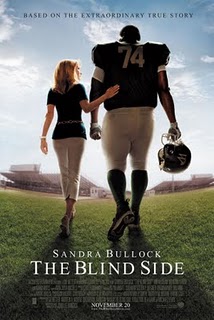Savings Mr. Banks
Saving Mr. Banks -rm In order to fully appreciate and analyze this movie, you should have read the book Mary Poppins and also have seen the 1964 movie with Julie Andrews and Dick Van Dyke. Not having immediate recall of either one we had to pay close attention to the story and sometimes felt that we were missing something. The outline of the plot for this film is clearly shown in the publicity for the movie. Walt Disney (Tom Hanks), who actually died two years after the Mary Poppins movie was released was determined to keep a 20 year-old promise to his two daughters and bring this famous book to the screen. To make his movie he needed the permission of the British author P.L. Travers (Emma Thompson) who was fearful that “disneyfying†her story would take away something very dear to her. What that something was, is the essence of this movie. After much reflection and discussion we concluded that it was her image of her father as a creative, caring and fun loving man who gave her the ability to develop a wonderful fantasy life, which is reflected in her writings. While she may have been able to paint this picture in her books, she herself was an inhibited, desiccated, uptight woman in her personal life who identified more with the father who never delivered for his family and actually died when she was a small girl. The movie directed by John Leo Hancock uses flashbacks to the author’s early childhood in Australia as we learn the full extent of the father’s life. Would an upbeat Disney musical keep alive forever the image that Travers might like to achieve? While this storyline by itself is no great shakes and most of it is obvious from the beginning, we were surprised by the emotional impact that it achieved on us. From the first breakthrough that P.L. Travers shows as she responds to a musical number by the Sherman brothers (B.J. Novak and Jason Schwartzman) who were the song writing team for the proposed Poppins movie, to the emotional response that Travers has to the movie premier which she attended, although not invited, we realized that we were identifying with her desire to preserve her loving image of her dad, Mr. Banks. Hanks and Thompson are suburb as are the rest of the cast, including Colin Farrell as the father and Paul Giamatti who plays the sympathetic limo driver who takes Travers around. Bradley Whitford does a good job as the screenwriter who is constantly arguing with Travers. There are 39 hours of audiotape of these actual heated discussions. Since the real Travers insisted that they be tape- recorded we get a sample of them as the credits roll at the end of the movie. Kudos though have to be given to the delicate screen play by Kelly Marcel along with Hancock’s direction which extracted some of the universal emotions towards beloved parents which we all can understand. The net result is a film not to be missed. (2013)
Â





 * * *
* * *